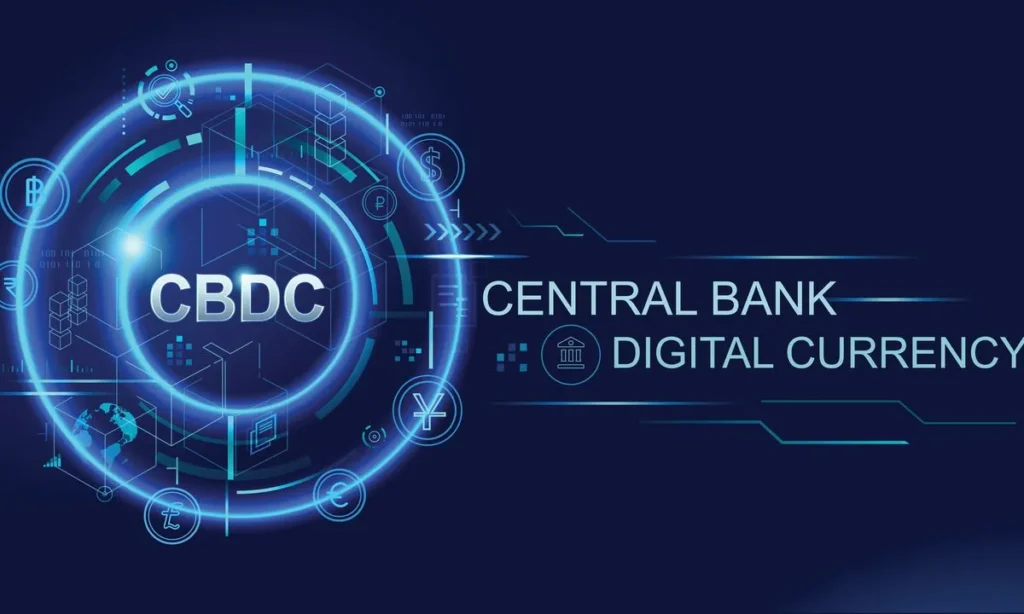This op-ed originally appeared in The Well News on August 29, 2024.
In today’s digital age, financial transactions are meticulously tracked by both private companies and government entities. This pervasive financial surveillance often goes unnoticed by the public, which seems largely indifferent to the potential privacy violations it entails. Despite significant Fourth Amendment implications, the general acceptance of financial data collection poses serious ethical and legal concerns.
The Situation
Every time we swipe a card, make an online purchase or transfer money, we leave a digital footprint. Financial institutions collect and store this data, which can then be accessed by the government under various legal frameworks, often without our explicit consent. The Bank Secrecy Act of 1970 and subsequent amendments have established a system where financial institutions must report certain transactions to the government, ostensibly to combat crime and terrorism. However, this has also laid the groundwork for widespread surveillance, with little public outcry.
Why People Should Care
The widespread collection and potential misuse of financial data raises significant concerns about privacy and autonomy. Philosopher John Stuart Mill argued that individual liberty should only be restricted to prevent harm to others. Yet, in the context of financial surveillance, this principle is often ignored. People might assume that if they have nothing to hide, they have nothing to fear. However, this mindset overlooks the potential for abuse and the gradual erosion of privacy.
Financial data can reveal intimate details about a person’s life like their political affiliations, health conditions and personal relationships. The indiscriminate collection of such data can lead to discrimination, social stigmatization and even persecution. Moreover, the knowledge that one’s financial transactions are constantly monitored can have a chilling effect on free speech and association, fundamental rights protected by the First Amendment.
The Threat of Central Bank Digital Currencies
A growing concern, highlighted in Robert Wright’s paper, “Restoring Americans’ Financial Privacy,” is the potential implementation of a Central Bank Digital Currency by the U.S. government. While CBDCs offer benefits such as streamlined transactions and enhanced financial inclusion, they also present incredible privacy risks. A CBDC would hand the government, on a silver platter, unprecedented access to individuals’ financial data, allowing for real-time surveillance of all transactions. This level of control and oversight could be used to monitor and potentially censor financial activities, thereby infringing on personal freedoms and privacy rights.
There’s Plenty of Precedent
A stark example of similar government overreach in financial surveillance is Operation Choke Point. This 2013 program was created by the U.S. Department of Justice, and aimed to combat fraud by pressuring banks to close accounts of businesses deemed high risk, such as payday lenders and gun dealers. However, the operation was criticized for targeting legal businesses without due process, effectively cutting off their access to banking services. This overreach highlighted how financial surveillance can be misused to exert control and stifle legitimate business activities.
What Can We Do?
Addressing the issue of financial surveillance requires a multifaceted approach that includes legal reforms, increased transparency and public awareness. Options include:
- Strengthening legal protections: This could involve revisiting and amending the Bank Secrecy Act to ensure that any data collection is narrowly tailored to meet specific security needs and subject to rigorous oversight. Additionally, the Fourth Amendment protections against unreasonable searches and seizures should be explicitly extended to cover financial data.
- Increasing transparency: Financial institutions should be required to provide clear and concise information about how they collect, use and share customer data. This transparency would allow individuals to make informed decisions about their financial activities and hold institutions accountable for any misuse of their data.
- Enhancing public awareness: People need to understand how their data is collected, the potential risks and the importance of privacy. Public campaigns and educational programs can help foster a culture of vigilance and advocacy for stronger privacy protections.
- Implementing oversight mechanisms: Establishing independent oversight bodies to monitor and review government access to financial data can help prevent abuse. These bodies should have the authority to audit government requests for data and ensure compliance with privacy laws.
The silent acceptance of financial surveillance, coupled with the potential introduction of CBDCs, is a troubling trend that undermines privacy and individual autonomy.
By understanding the risks and advocating for stronger protections, we can ensure that financial surveillance serves legitimate security needs without compromising fundamental rights.
It’s time for a collective awakening to the importance of financial privacy and the potential dangers of unchecked surveillance.







